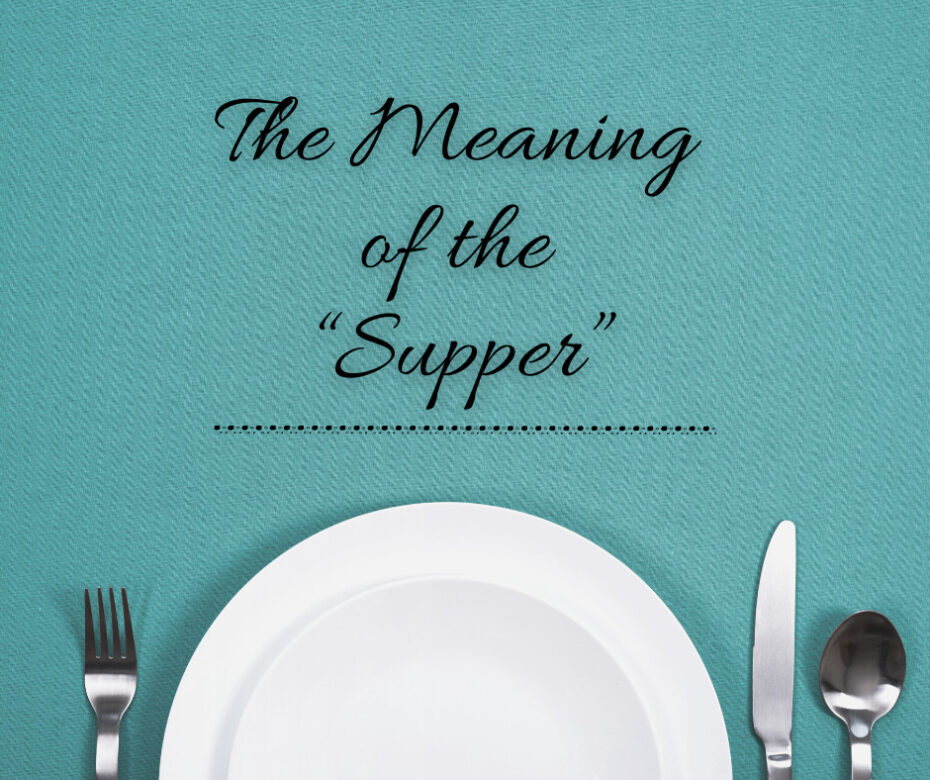For I received from the Lord that which I also delivered to you: that the Lord Jesus on the same night in which He was betrayed took bread; and when He had given thanks, He broke it and said, “Take, eat; this is My body which is broken for you; do this in remembrance of Me.” In the same manner He also took the cup after supper, saying, “This cup is the new covenant in My blood. This do, as often as you drink it, in remembrance of Me.” For as often as you eat this bread and drink this cup, you proclaim the Lord’s death till He comes (1 Cor 11:23-26).
How many “elements” does this celebration have?
The typical answer is two: bread and the cup (i.e., wine). And that is how Christendom has usually celebrated the Lord’s Supper.
However, I have pointed out before that Paul actually mentions three elements: the bread, a supper, and the cup. Jesus began by breaking the bread, then the Lord “took the cup after supper” (v 25, emphasis added).
In other words, the Lord’s Supper was celebrated in the context of a full meal. Many scholars have recognized that fact, but I thought you would appreciate this explanation, from William Barclay, on the role of the supper in ancient Greek and Palestinian society:
The word is deipnon. It may be that to western ideas the word Supper is misleading, for in the west supper is a light meal. But in Greece and in Palestine the deipnon was the evening meal, and it was the only main meal of the day. Breakfast was no more than bread taken with water or with diluted wine. The midday meal was likely to be eaten in the street in the open air and not at home at all. It was not more than a picnic snack. The deipnon was the evening meal, eaten by the family at home, the one main and principal meal of the day (Barclay, The Lord’s Supper, 60-61).
Does that give you a clearer picture of how the Lord’s Supper was originally celebrated?
It was the main meal of the day and the main time to be nourished. That was the meal you attended with a growling stomach. Jesus used that time to help focus our hunger on Him and what He did on the cross for us.
Are you coming to the supper hungry for Him?


